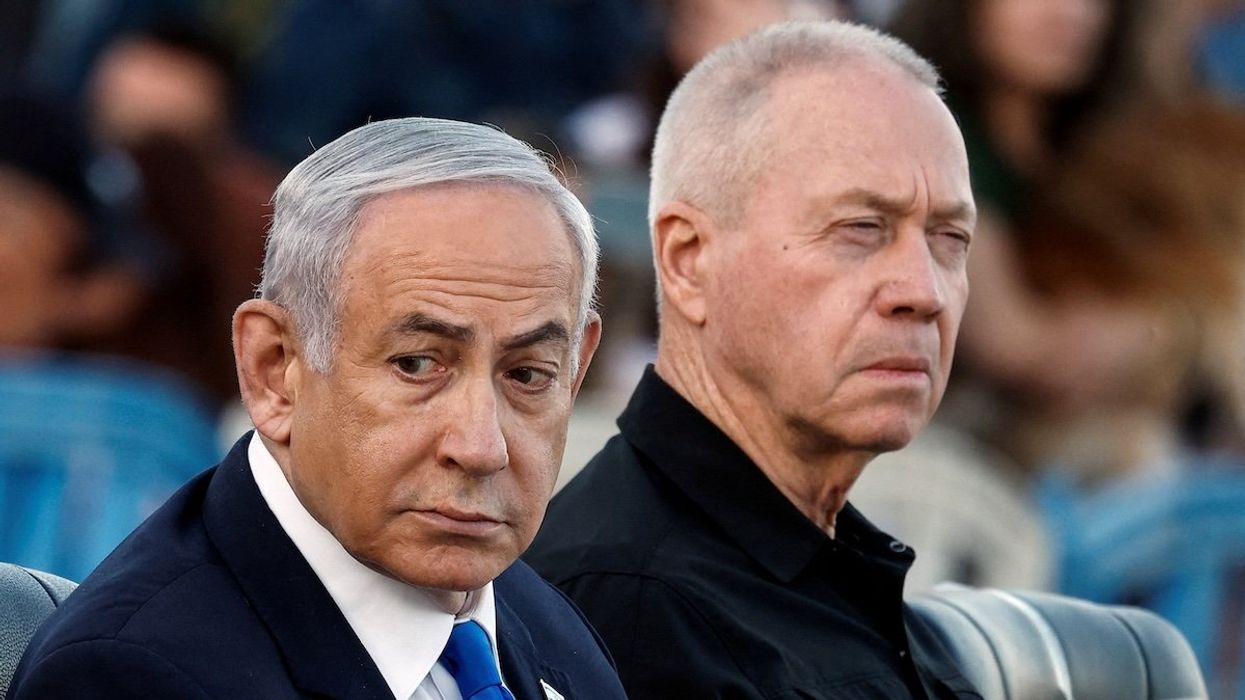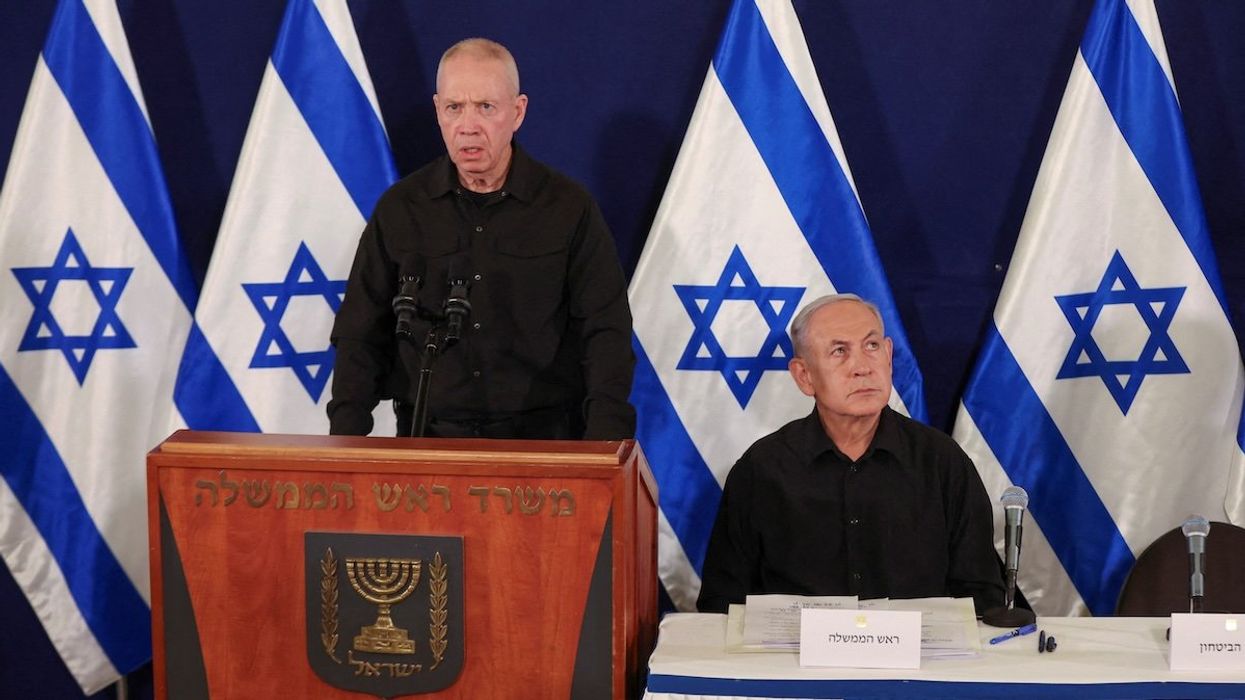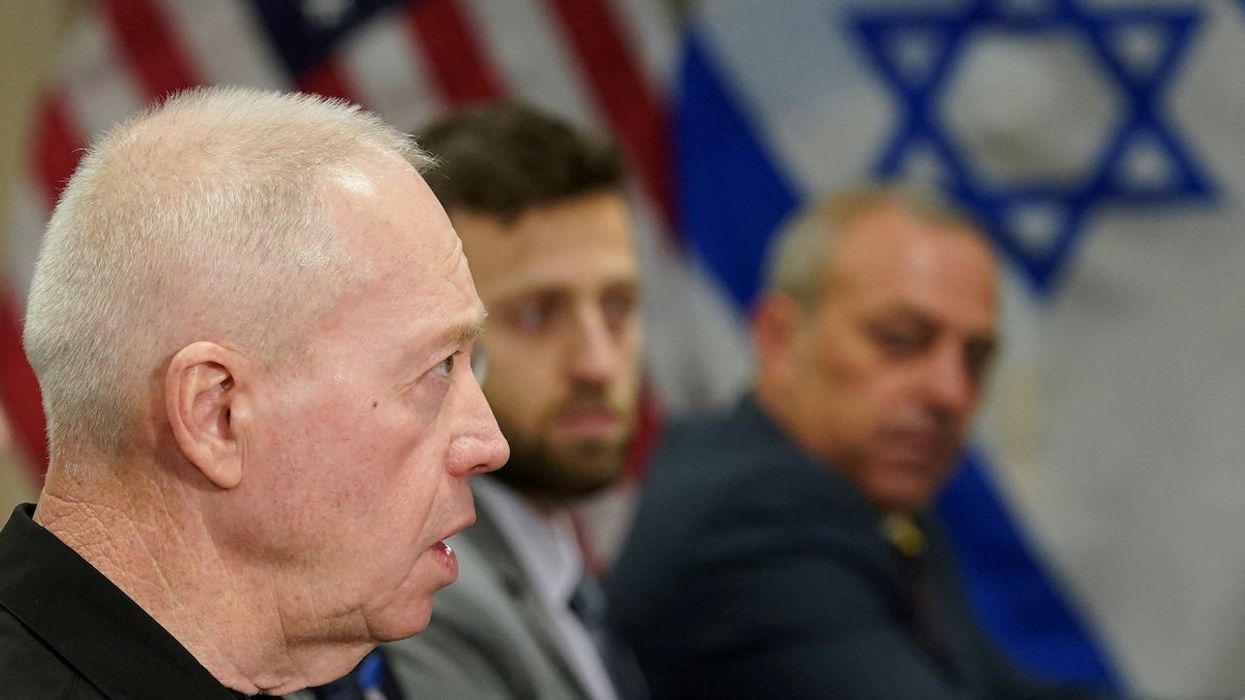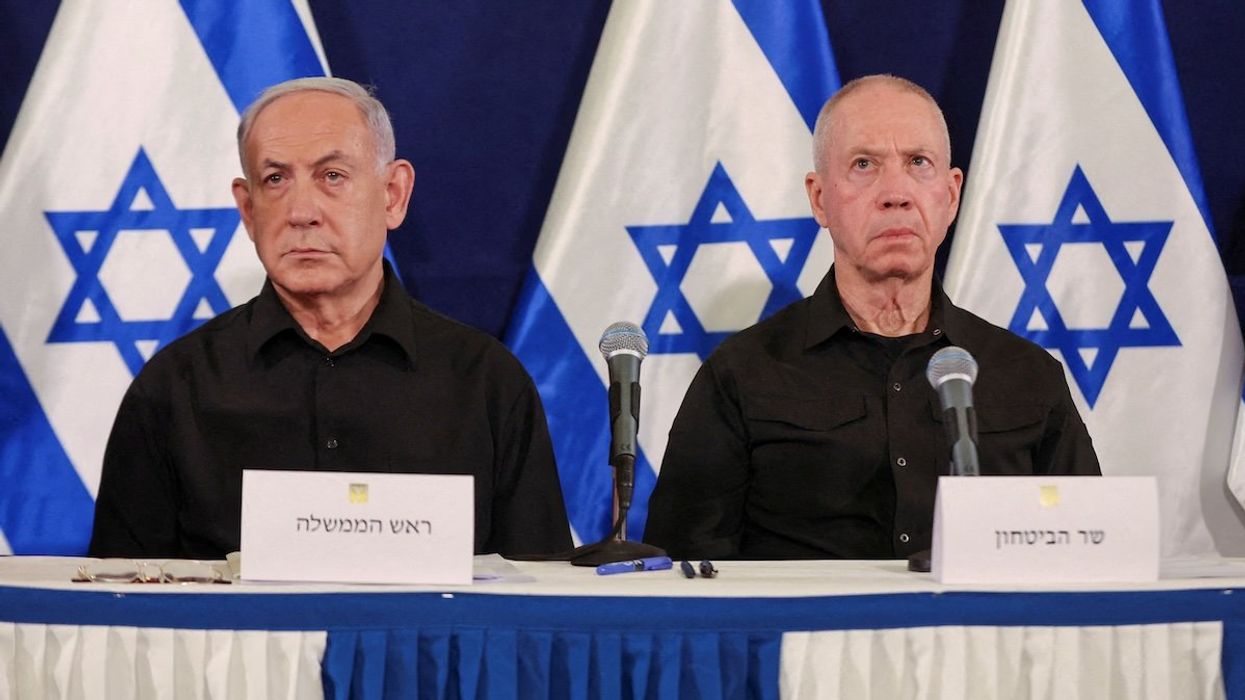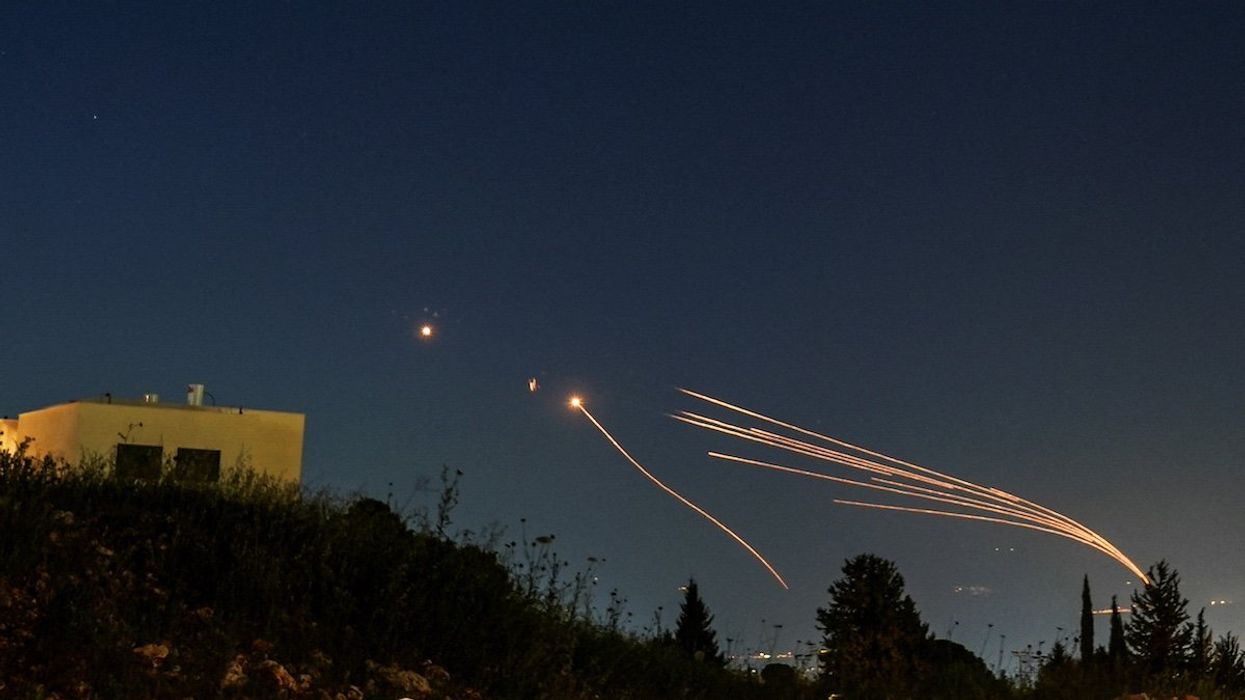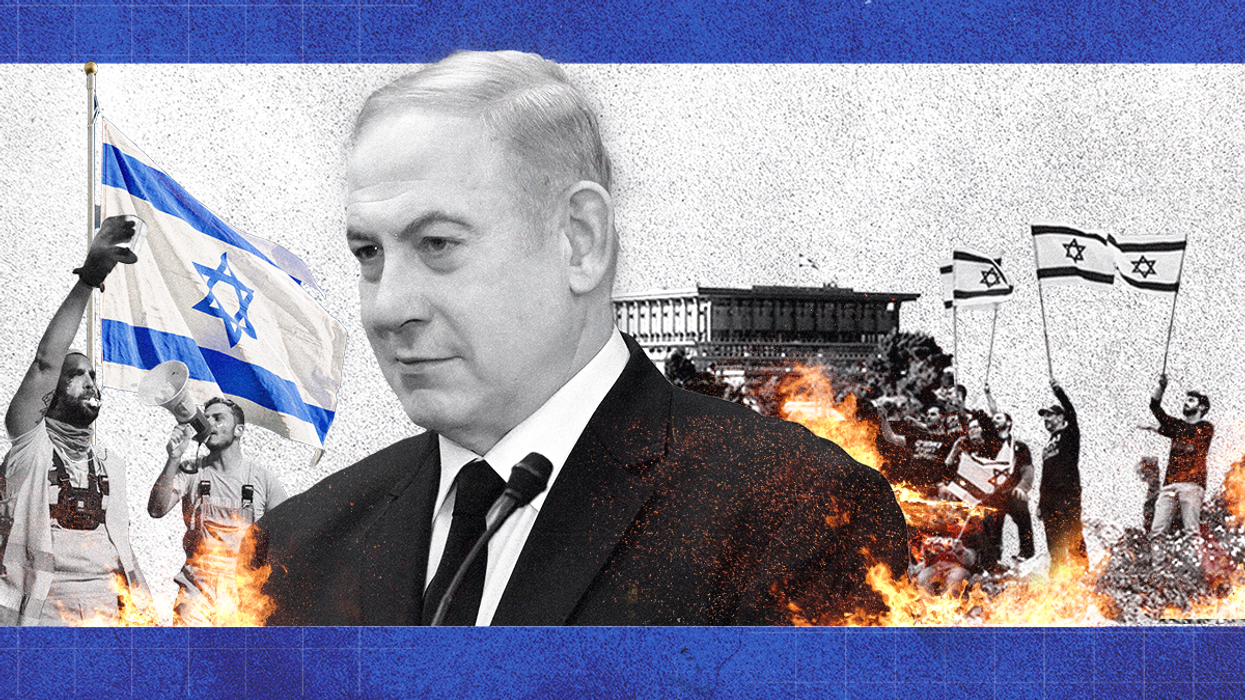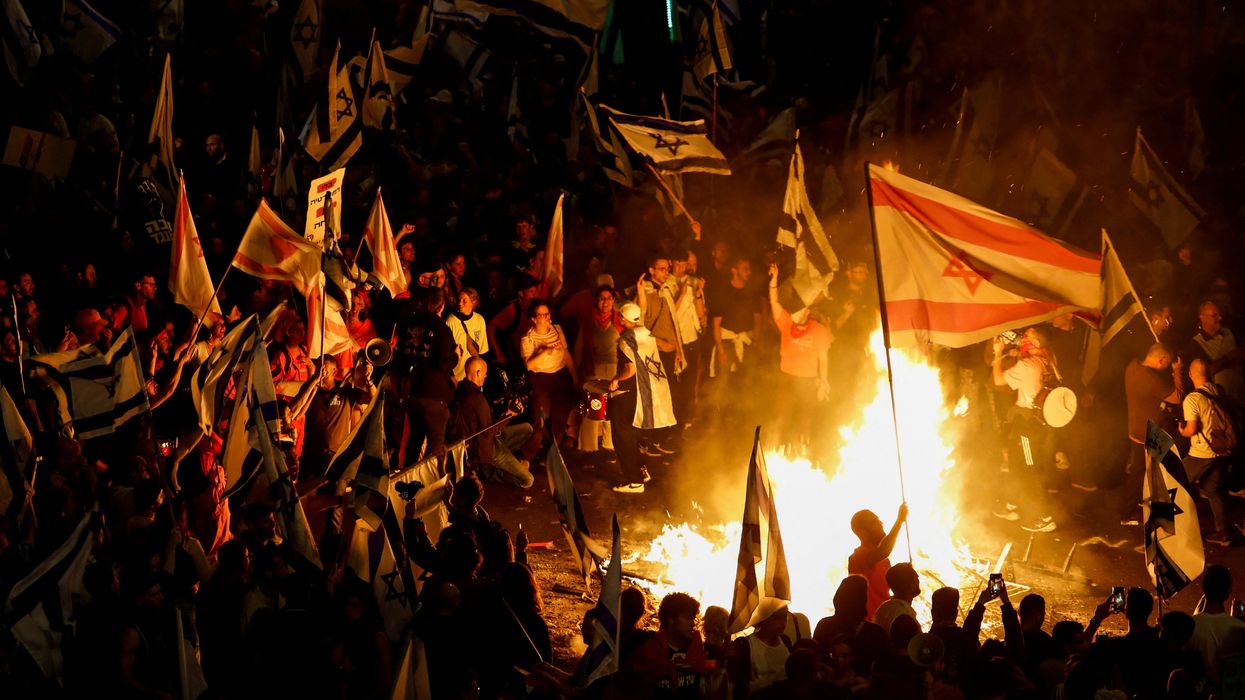What We're Watching
ICC warrants for Bibi, Gallant will test respect for international law
These warrants will pose a test for Israel’s Western allies if Netanyahu ever plans to visit, and raises questions over how they should interact with the Israeli leader more generally.
Nov 21, 2024
